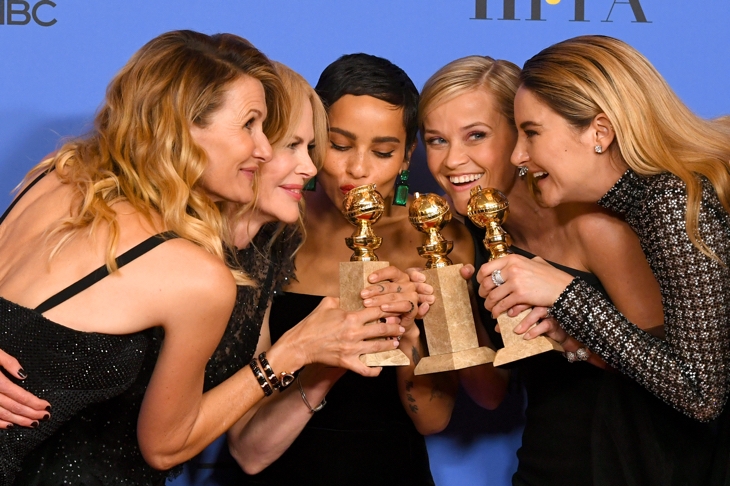As surely everyone must by now know, 2018 marks the centenary of women securing the vote in Britain. This monumental event represented a giant leap forward for sexual equality and is truly deserving of commemoration. There will, rightly, be television programmes, books column inches and tea towels marking the anniversary.
Everyone should know about Sylvia Pankhurst, Emily Davison, Millicent Fawcett and their comrades. But there is a danger with every national commemoration that history is rewritten: in the retelling, some facts are conveniently forgotten and others distorted. We forget that 1918 also marks the first year that all men were able to vote and that suffrage was only granted to a proportion of women over the age of 30, those who owned property or were married to a property owner.
The most blatant rewriting of history comes with the comparisons being drawn between the suffragettes and today’s feminists. Although 2018 is just one week old, the prize for this outrageous revisionism has already been won by the glossy fashion bible Vogue. Its latest edition pays homage to those women who, in the past, routinely put their lives on the line with a photoshoot of seven of today’s women campaigners headlined ‘the new suffragettes’.
The comparison beggars belief. The suffragettes risked imprisonment: today’s feminists wear expensive black frocks to the Golden Globes. The suffragettes went on hunger strike: today’s feminists tweet #MeToo. The suffragettes were subjected to force feeding: today’s feminists pen open letters to the BBC. The suggestion that Vogue’s selection of bloggers, artists, MPs and journalists deserve to be discussed in the same breath as the suffragettes is a gross insult to their memory.
The Vogue ‘Suffragettes for the 21st Century’ include artist Gillian Wearing, the fashion blogger Dina Torkia (no, me neither), Liv Little, founder of Gal Dem a magazine and ‘creative collective’, and Reni Eddo-Lodge, the author of Why I Am No Longer Talking to White People About Race. It also features Labour MP Stella Creasy, Sophie Walker, leader of the Women’s Equality Party which lost all 7 of its deposits at the last election and transgender campaigner Paris Lees, a woman who was previously a man and who now tells other women how to do feminism and womanhood properly. All are no doubt well-meaning and hard-working individuals. It’s just unfortunate that not one of them, it seems, had the self-awareness to say, ‘hang on a minute, perhaps we shouldn’t actually be compared to the suffragettes.’
A combination of narcissism and ignorance allows today’s feminists to compare their suffering to the actions of the suffragettes. This arrogance, fuelled by a perception of women as life’s perpetual victims, means some go even further: artist Gillian Wearing claims in the Vogue spread that the struggle to change opinions, ‘people’s inner stereotypes of women’ is ‘harder than fighting for the vote’. Ok Gillian, after you with the force-feeding!
Suffragettes like Sylvia Pankhurst recognised that fighting for the vote was about changing society for everyone not just for an elite group of privileged women. She demanded that women should be granted suffrage on the same grounds as men and that the franchise should be extended to both men and women without property. Come the Great War and, unlike her more moderate mother and sister, Sylvia refused to support British efforts in what she considered to be an imperialist and anti-working class conflict.
Today’s feminists could not be more different. As we saw at yesterday’s Golden Globes, feminism is now about Hollywood stars donning the mantle of victimhood by wearing black dresses that cost more than most women earn in a year. It’s about well-paid women who work at the BBC using a statistically dubious gender pay gap to argue for a pay rise. This elite and privileged group of women could learn a thing or two from Sylvia Pankhurst – and in the meantime they should stop comparing themselves to the suffragettes.







Comments